WHO: Action is needed to end child marriage and teenage pregnancy in low- and middle-income countries. 21 million teenage girls are pregnant, half of them unintended.

- Europe and Arabs
- Thursday , 24 April 2025 9:19 AM GMT
New York: Europe and the Arabs
The World Health Organization (WHO) has confirmed that taking rapid action to end child marriage and expand girls' education, along with other strategies, can reduce teenage pregnancy, which remains "the leading cause of death among girls aged 15 to 19."
This came in new guidelines issued by the organization on Wednesday to address this global problem, which disproportionately affects low- and middle-income countries, where more than 21 million teenage girls become pregnant—nearly half of them unintended. According to the UN's daily news bulletin, a copy of which we received Thursday morning, the organization confirmed that nine out of ten teenage births in these countries occur to girls who were married before the age of 18, highlighting the close link between early pregnancy and marriage. Real Choices
Dr. Pascale Alloty, Director of Sexual and Reproductive Health and Research at the World Health Organization and the United Nations Special Programme on Human Reproduction, emphasized that early pregnancy "can have serious physical and psychological consequences for girls and young women and often reflects fundamental inequalities that affect their ability to shape their relationships and lives."
She said that addressing this issue will allow girls and young women to thrive by ensuring that they remain in school, are protected from violence and coercion, and have access to sexual and reproductive health information and services that protect their rights, "and allow them real choices about their future."
The World Health Organization noted that teenage pregnancy carries significant health risks, including high rates of infections and preterm births, as well as complications from unsafe abortion.
The organization said that the causes of early pregnancy are diverse and interconnected, including gender inequality, poverty, lack of opportunities, and lack of access to sexual and reproductive health services. Childhood Deprivation
The new guidelines recommend comprehensive efforts to provide viable alternatives to early marriage by promoting girls' education, savings, and employment opportunities. They also recommend laws prohibiting marriage under the age of 18, consistent with human rights standards, and community engagement to prevent this practice.
"Early marriage deprives girls of their childhood and has serious consequences for their health," said Dr. Sheri Bastian, WHO Scientist in Adolescent Sexual and Reproductive Health. "Early marriage is crucial to transforming the future of young girls. It empowers adolescents—both boys and girls—to understand the meaning of consent, take charge of their health, and challenge the underlying gender inequalities that continue to drive high rates of child marriage and early pregnancy in many parts of the world."
The WHO noted global progress in reducing adolescent pregnancies and births. In 2021, one in 25 girls gave birth before the age of 20, compared to one in 15 in 2001. However, the organization emphasized that significant disparities remain, with nearly one in ten adolescent girls giving birth each year in some countries.


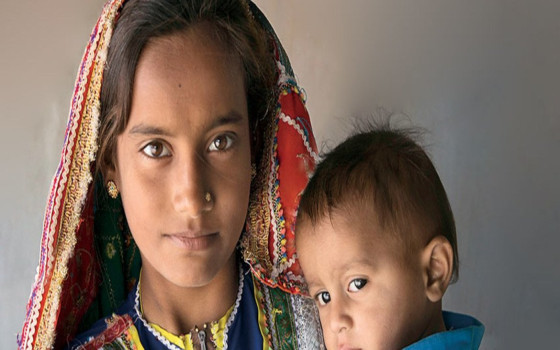

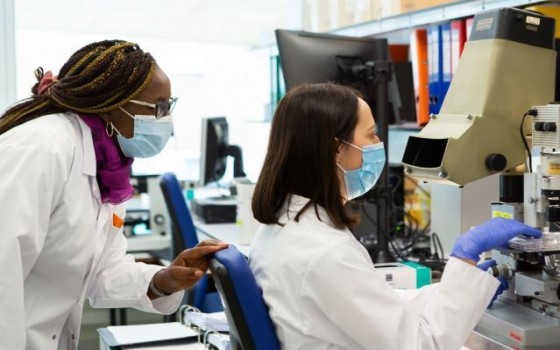
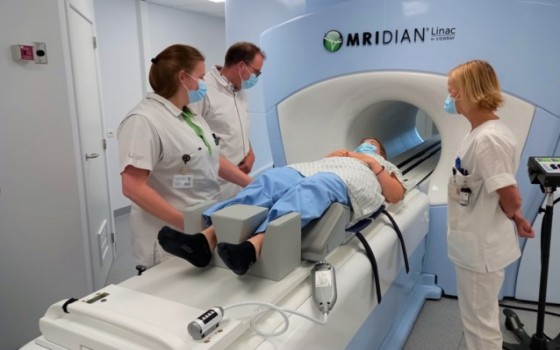

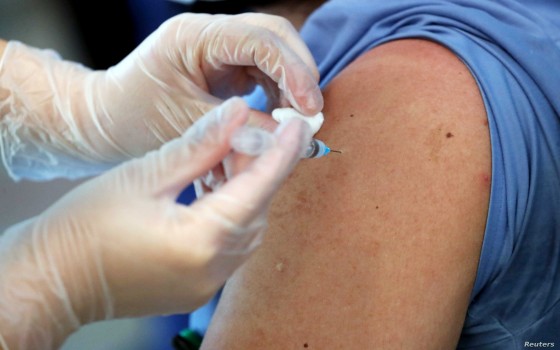
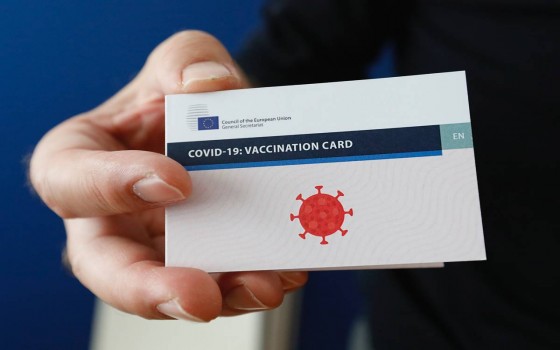


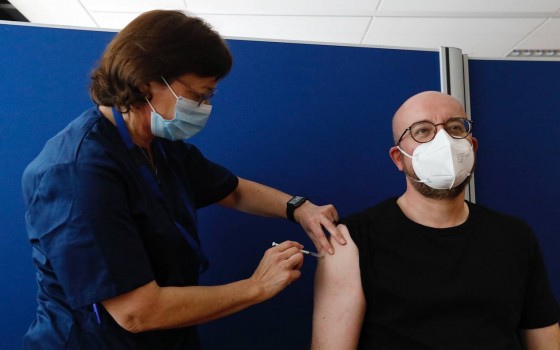


No Comments Found